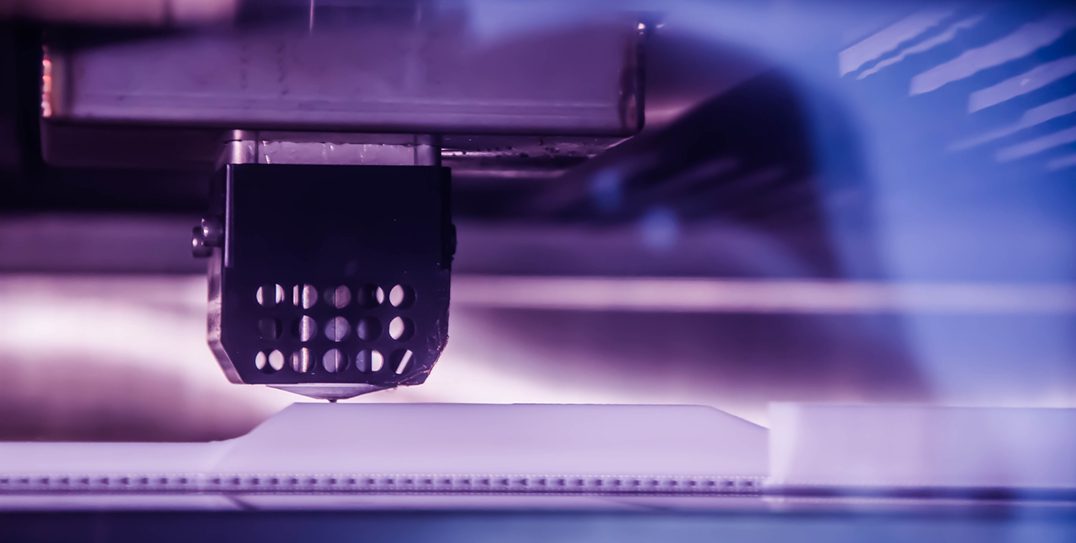
April 27, 2018, by Carla
The Future of Work: Opportunities in 3D Printing
By Chris Jones, Senior Careers Adviser for Science and Engineering
3D printing – or additive manufacturing to give it its proper name – has been around for a long time. In fact, the first patent for early 3D printing technology was filed in the 1980s. However, in recent years, the technology has developed rapidly and is becoming much more high-profile.
It is often used as an illustration of the type of exciting technologies heralded by the Fourth Industrial Revolution. It combines digital technologies, advanced materials and cutting-edge manufacturing processes to create bespoke products, parts and components. These have the potential to transform – and disrupt – traditional manufacturing industries.
What can’t you print?
Although domestic 3D printers are now available, the real application and growth potential is within manufacturing. This technology had been primarily used to produce prototypes quickly, but now it has developed to the extent that it is starting to become viable to use it as part of a mainstream manufacturing process.
The types of materials that can be printed has also evolved. Originally, you were restricted to basic plastics and polymers, but now there is a much wider range of materials to choose from, including metals and biomaterials.
For example, there have been a number of recent breakthroughs. This includes 3D printing human organs, and NASA funding the development of a 3D food printer for astronauts in space! From trainers to pharmaceuticals to entire houses, there’s almost nothing that can’t be created using a 3D printer.
So, what about career opportunities within the sector?
The additive manufacturing sector is small, but rapidly growing. It’s worth around £6bn and increasing at the rate of 20% per year. Opportunities currently range from research and development, to consultancy and manufacturing. Read more about different types of roles here.
Also bear in mind that as an evolving sector, opportunities and job roles are always changing. As such, it’s important to do your research and keep up-to-date with the sector.
What do I need to get ahead in this sector?
In summary, 3D printing is rapidly evolving and it needs your scientific, engineering, software development and other technical skills. If you are interested in working in this area, think about taking relevant modules as part of your degree, or try to gain experience through work shadowing or internships.
It’s also important to show your interest in the technology by keeping up-to-date with sector news. This could be following relevant organisations and companies on social media or reading industry websites, such as Additive Manufacturing Today.
You can read more about careers in 3D printing on our website.
No comments yet, fill out a comment to be the first

Leave a Reply